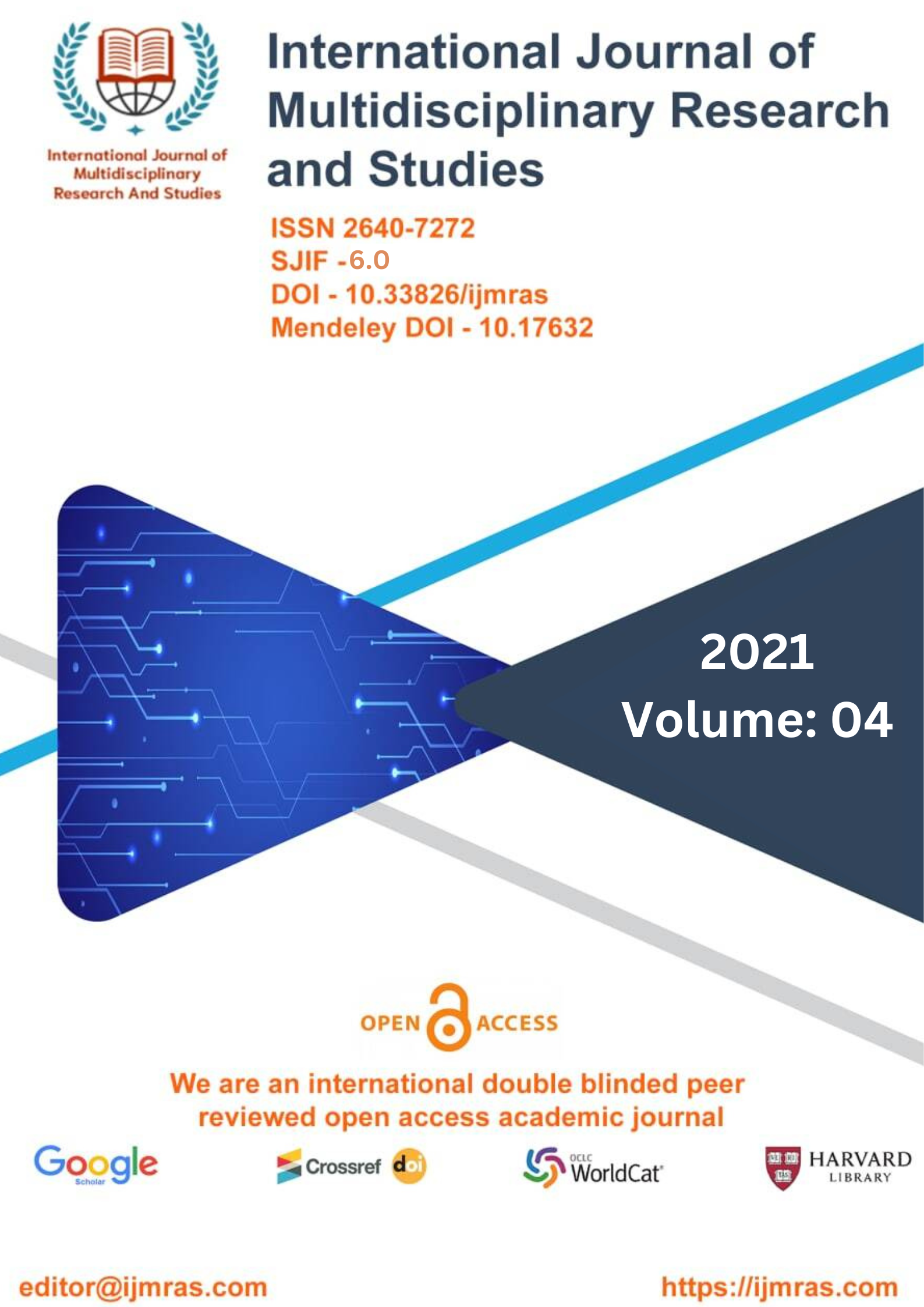A STUDY OF SOCIAL MEDIA EFFECT ON MODERN SOCIETY

Abstract
People utilise online platforms known as social media to develop social networks or social links with other individuals who have similar personal or professional interests, hobbies, backgrounds, or connections in the real world. There is a noticeable and considerable effect that social networks have on young people. It is becoming more and more obvious that social networks have integrated themselves into people's everyday lives. A significant number of adolescents are checking the Tweets and status updates posted by their friends and family members on their personal computers, tablet computers, and smart phones. People are put under a lot of pressure to adopt alternative lifestyles as a direct result of the growth of technology. The use of social networking sites may help young people become more competent of interacting with others in a social setting. The term "social media" refers to a mode of online data transmission. Users of social media platforms are able to engage in discussion with one another, exchange information, and produce material for the web. The term "social media" may refer to a variety of different things, including weblogs, microblogs, wikis, social networking sites, photo-sharing sites, instant messaging, video-sharing sites, podcasts, widgets, and even virtual worlds. There are billions of individuals all over the globe who use social media to communicate with one another and exchange knowledge. [2] On a personal level, social media platforms make it possible for us to contact with our friends and family, learn about new topics, cultivate our hobbies, and have fun doing all of these things. On a more professional level, we may make use of social media to increase or widen the scope of our knowledge in a certain sector, and we can also use it to create our professional network by interacting with other professionals working in our business. At the level of the company, social media gives us the ability to engage in dialogue with our target audience, collect feedback from customers, and build your brand.
Keywords
Social, Media, Modern, SocietyHow to Cite
References
Andreassen,C.S.,Torsheim,T.,Brunborg,G.S.,&Pallesen,S.(2012).DevelopmentofaFacebookaddictionscale.Psychologicalreports,110(2),501-517.
Berry, D. S.,& Miller, K. M. (2001). When boy meets girl: Attractiveness and thefive-factormodelinopposite-sexinteractions.JournalofResearchinPersonality,35(1),62-77.
Bessiere, K., Kiesler, S., Kraut, R., &Boneva, B. S. (2008). Effects of Internetuse and social resources on changes in depression. Information, Community &Society,11(1),47-70.
Canary, D. J., &Spitzberg, B. H. (1993). Loneliness and media gratifications.Communicationresearch,20(6),800-821.
Caplan, S. E. (2005). A social skill account of problematic Internet use. Journalofcommunication,55(4),721-736.
Denti,L.,Barbopuolos,I.,Nilsson,I.,Holmberg,L.,Thulin,M.,Wendeblad,M.,...&Davidsson,E.(2012).Sweden's largestFacebook study.
Donath, J., & Boyd, D. (2004). Public displays of connection. bt technologyJournal,22(4),71-82.
Eggermont, S., & Van den Bulck, J. (2006). Nodding off or switching off? Theuseofpopularmediaasasleepaidinsecondary-schoolchildren.Journalof
paediatrics and child health,42(7-8), 428-433.
Ellison, N. B. (2007). Social network sites: Definition, history, and scholarship.Journal ofComputer-Mediated Communication,13(1),210-230.
Festinger, L. (1954). A theory of social comparison processes. Human relations,7(2),117-140.
Flanagin, A. (2005). IM online: Instant messaging use among college students.CommunicationResearch,22,175-187.
Foehr, U. G., Rideout, V., & Roberts, D. F. (2005). Generation M: Media in thelivesof8-18 year-olds.
Freud, S. (1958). Formulations on the two principles of mental functioning. InThe Standard Edition of the Complete Psychological Works of Sigmund Freud,Volume XII (1911-1913): The Case of Schreber, Papers on Technique andOtherWorks(pp.213-226).
Gonzales, A. L., & Hancock, J. T. (2011). Mirror, mirror on my Facebook wall:EffectsofexposuretoFacebookonself-esteem.Cyberpsychology,Behavior,
License
Copyright (c) 2021 Makhmal Kumari

This work is licensed under a Creative Commons Attribution 4.0 International License.
Individual articles are published Open Access under the Creative Commons Licence: CC-BY 4.0.




